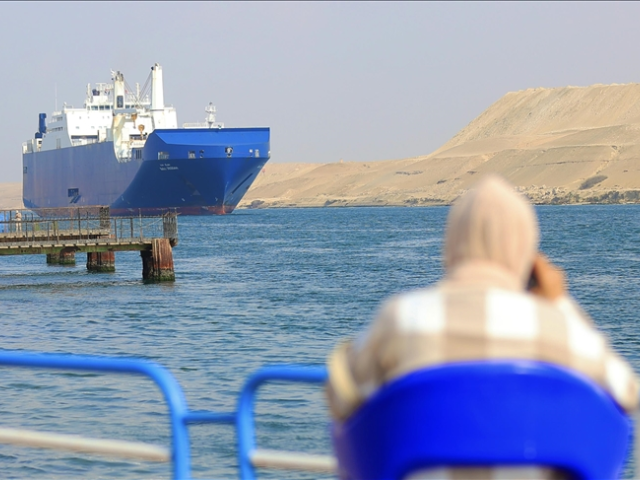Israeli Warship Passes through Suez Canal Amid Controversy and Outrage

A contentious debate has erupted in Egypt following the passage of an Israeli warship through the Suez Canal, a vital waterway and a significant source of foreign revenue for the country. The incident has sparked widespread outrage on social media, with many accusing the Egyptian government of infringement for allowing the transit. However, the Suez Canal Authority has countered that the move is in line with international agreements, citing the 1888 Constantinople Convention that guarantees free passage for all vessels, regardless of nationality.
The Egyptian government has emphasized its stance on adhering to international conventions, stating that such agreements supersede logistical or geopolitical considerations. Education officials clarified that international conventions, including the 1967 Inland Waterways of International Importance Convention, allow for the free passage of all vessels. The Suez Canal serves as a critical artery for global trade, connecting the Red Sea to the Mediterranean via the Gulf of Suez, and facilitating the exchange of goods between Europe, Asia, and Africa. The canal's significance extends to its importance as a significant source of foreign currency for Egypt, offsetting some of the country's revenue losses due to regional tensions.
Egypt has long prioritized maintaining the stability of the Suez Canal, distributing sufficient two-way transit capacity for each direction. The recent debate underscores the intricate web of global commerce and international relations involved in managing such critical infrastructure. Diplomats and analysts from international organizations have echoed the Suez Canal Authority, stating that both sides continue to support free navigation, vital for regional trade and economic stability.
The controversy surrounding the Israeli warship's passage through the Suez Canal has highlighted the complexities of the agreement between countries and warns of escalating tensions in global economic systems, underscoring the persistence of countries to uphold rights to passage both civic and economic.